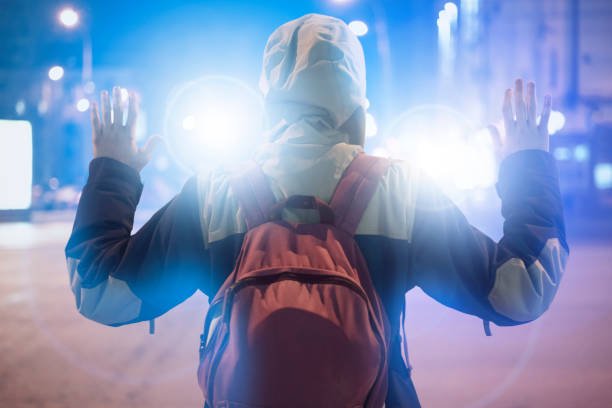On this page, we discuss how the unwillingness to act against criminal activities happening in your community could increase the rate of crime happening in your environment.
Crime is a pervasive issue in South Africa, with the country grappling with high rates of violent and property crimes. A crucial factor that contributes to the persistence and growth of crime rates is the unwillingness of community members to take action against criminal activities happening within their neighborhoods.
How the Unwillingness to Act Against Criminal Activities could Increase the Rate of Crime
Below we will explore how this unwillingness to act can lead to increased crime rates in South African communities, and will highlight relevant legislation that seeks to address these issues:
The Bystander Effect and its Implications on Crime
The bystander effect is a psychological phenomenon where people are less likely to offer help or intervene in an emergency situation when there are other witnesses present. This occurs because individuals may assume that someone else will take action or that their involvement is not required. This unwillingness to act can create an environment where criminals feel emboldened to continue their activities, as they perceive a lack of consequences for their actions.
The Importance of Community Involvement
Community involvement is crucial in reducing crime rates, as it fosters a sense of collective responsibility and promotes a culture of lawfulness. When residents refuse to report or act against criminal activities, it sends a message that such behavior is tolerated, which can lead to a normalization of crime. This can result in a vicious cycle where criminals become increasingly bold and community members grow more fearful and disconnected from one another.
South African Legislation Addressing Crime
The South African government has implemented various legislation aimed at addressing crime and encouraging community involvement. Some notable acts include:
- The Community Safety Act (2013) – This act establishes the responsibilities of provincial governments to develop and implement community safety plans. It also mandates the establishment of community police forums (CPFs) to foster collaboration between the police and community members in addressing crime.
- The Protection from Harassment Act (2011) – This act allows individuals to obtain protection orders against those who engage in harassment, providing a legal avenue for victims to seek recourse and protection.
- The Prevention of Organized Crime Act (1998) – This act aims to combat organized crime by providing law enforcement with tools to investigate, prosecute, and seize assets of criminal organizations.
The Role of Community Members
While these acts provide a legislative framework for addressing crime, it is ultimately up to community members to play an active role in preventing and combating criminal activities. This can be done through:
- Reporting criminal activity to the police and providing information that can aid in investigations.
- Participating in community policing initiatives, such as joining or forming CPFs, neighborhood watch groups, and other crime prevention programs.
- Supporting and engaging with local law enforcement to build trust and foster open communication.
The unwillingness to act against criminal activities happening in South African communities can significantly increase crime rates, leading to a less safe and more fearful environment. By understanding the importance of community involvement and actively participating in crime prevention initiatives, individuals can help break the cycle of crime and work towards creating safer neighborhoods. It is crucial for South Africans to work together, alongside law enforcement and government institutions, to combat crime and foster a culture of lawfulness and shared responsibility.





